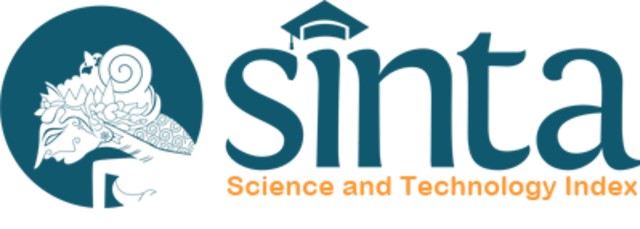Analisis Strategi Untuk Meningkatkan Daya Saing Program Warung BAZNAS Kabupaten Sukabumi
Abstract
Micro businesses in absorbing labor are a business sector that has succeeded in reducing the number of unemployed. Warung BAZNAS was formed in 2019 as a basic food business with 50 stalls. The objectives of this research are: 1. Identify the number of BAZNAS stalls that are still operating and those that are not operating (closed). 2. Identify what percentage of Warung BAZNAS are munfiq. 3. Analyze the strengths, weaknesses, opportunities and threats of Warung BAZNAS. 4. Develop a Warung BAZNAS strategy. Data obtained using the Strengths-Weaknesses-Opportunities-Threats (SWOT) Matrix and Porter's Five Forces. The research results show that: 1. BAZNAS stalls, which originally numbered 50, now only 33 are still operating. 2. The number of BAZNAS stalls that become munfiq in 2021-2023 is 32 stalls or 64%. 3. Warung BAZNAS is in quadrant V, including companies that are resistant and maintain. The focus of this organization is breakthroughs in markets and product development (David et al 2011). 4. The SWOT analysis strategy is simple sales recording, excellent service, discounts or discounts, payment systems to distributors, strategic location selection, returning goods to distributors, goods delivery systems from distributors, procurement of merchandise from distributors, competitive selling prices. Meanwhile, the Five Forces strategy includes competition in the industry, namely food stalls, the potential for the entry of new competitors, namely new stalls, the potential for developing substitute products, namely the diversity of basic food products, the bargaining power of suppliers, namely distributors, and the bargaining power of consumers, namely price perception
Downloads
References
Cahya IAN. 2020. Peran pendayagunaan zakat produktif terhadap kesejahteraan mustahik. Sultan Agung Fundamental Research Journal. https://dx.doi.org/10.30659/safrj.1.1.1-11.
David, Fred R. 2011. Strategic management concepts and cases. Thirteenth edition. USA: Pearson education, inc., publishing as prentice hall, One Lake Street, Upper Saddle River, New Jersey 07458.
Hamza LM, Agustien D. 2019. Pengaruh perkembangan Usaha Mikro, Kecil, dan Menengah terhadap pendapatan nasional pada sektor UMKM di Indonesia. Jurnal Ekonomi Pembangunan. https://doi.org/10.23960/jep.v8i2.45
Jawa Pos. 2021. 97 Persen pekerja di Indonesia bekerja di sektor UMKM.
Jayani DH. 2021. 96,92% Tenaga kerja berasal dari UMKM. Databoks. https://databoks.katadata.co.id/datapublish/2021/08/12/9692-tenaga-kerja-berasal-dari-umkm.
[LPPI dengan Bank Indonesia]. 2015. Profil Bisnis Usaha Mikro, Kecil dan Menengah (UMKM). Jakarta.
Porter ME. 2007. Strategi Bersaing (competitive strategy). Tangerang: Kharisma Publishing Group.
Porter Michael E. 1998. Competitive strategy: Techniques for analyzing industries and competitors. With a new introduction/Michael E. Porter. New York: The Free Press.
Rafei YD, Safrida IN, Ningrum, J, Adam SY, Sukamto A, Fadillah IJ. 2021. Industri Mikro dan Kecil di masa pandemi Covid-19 2020. In F. B. Diliana (Ed.), Badan Pusat Statistik. Jakarta: Badan Pusat Statistik.
Riyaldi MH. 2015. Faktor-faktor yang memengaruhi keberhasilan penerima zakat produktif Baitul Mal Aceh: Satu Analisis. Jurnal Perspektif Ekonomi Darussalam, 1(2), 185-202.
Rosalinda M, Abdullah, Fadli. 2021. Pengaruh pengetahuan zakat, pendapatan dan kepercayaan muzakki terhadap minat pelaku UMKM untuk membayar zakat niaga di Organisasi pengelola zakat kota Bengkulu. Jurnal Akuntansi. Vol. 11, No.1, Hal. 67-80.
Tambunan. 2019. Usaha mikro kecil dan menengah di Indonesia (Isu-isu penting). LP3ES.
Yuliaty T, Shafira CS, Akbar MR. 2020. Strategi UMKM dalam menghadapi persaingan bisnis global studi kasus pada PT. Muniru Burni Telong. Jurnal mbia. Vol. 19, No. 3, Desember. 2020















